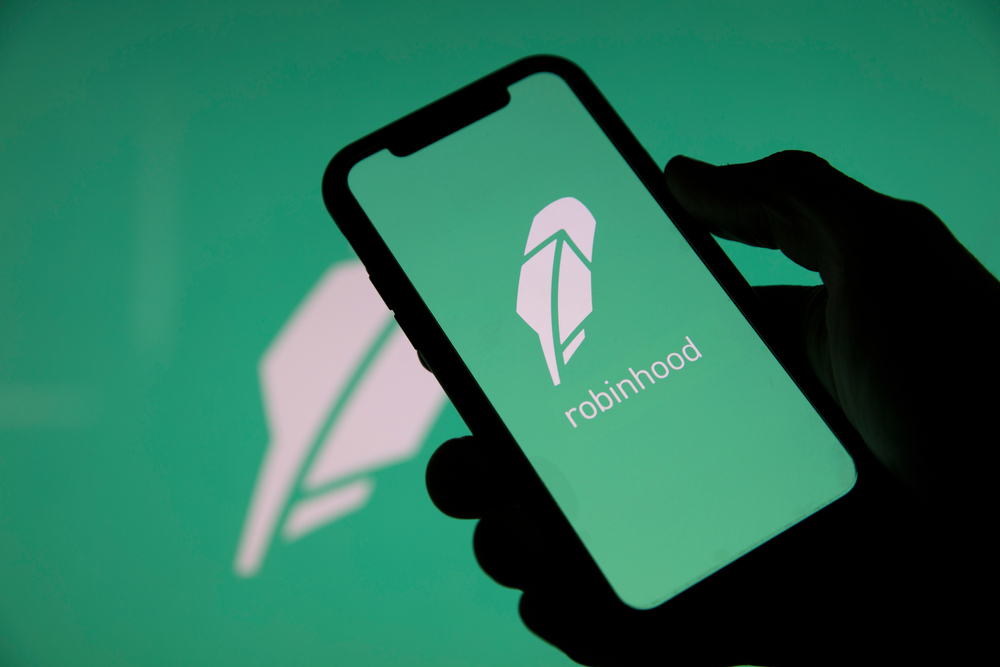FINRA gives its ruling
Robinhood Financial LLC, a US-based company offering a platform trading app, has received the largest financial penalty in Wall Street history for supposedly harming thousands of its customers.
$12.6m plus interest will go to customers as restitution
The Financial Industrial Regulatory Authority (FINRA) announced news of the penalty on Wednesday. Of the $70m total, the firm must pay $57m to FINRA in the form of a fine, while $12.6m plus interest will go to customers as restitution. The Wall Street regulator took to Twitter to confirm the penalty later that day:
In its ruling, FINRA outlined four instances in which Robinhood had breached rules governing the brokerage industry. These included supervisory failings, providing false or misleading information to customers, a lack of due diligence, and failure to register complaints.
News of the penalty came the same day as billionaire Charlie Munger, a business partner of Warren Buffet, blasted the commission-free trading app in a CNBC special. He compared the business to “a gambling parlor”, describing it as a “sleazy, disreputable operation.”
What was the ruling?
In its ruling released Wednesday, FINRA said that “despite Robinhood’s self-described mission to ‘de-mistify finance for all’”, the company misled its customers through false information. This included information on a range of issues, such as whether customers could trade on margins, how much money was in a customer’s account, and the risk of loss customers faced with certain transactions.
Added to this, FINRA’s investigation found that Robinhood failed in its due diligence duties. The trading company supposedly relied on algorithms to approve customers which used “inconsistent or illogical information.” This resulted in traders receiving approval despite not satisfying the firm’s eligibility criteria.
The Wall Street regulator also noted a series of outages and critical systems failures experienced by Robinhood between 2018 and 2020. According to FINRA, the most serious of these occurred between March 2 and March 3 2020, when the website and app shut down during a time of “historic market volatility.” It saw customers lose tens of thousands of dollars.
In its final reason for the penalty, FINRA accused Robinhood of failing to report thousands of customer complaints. The regulator said this stemmed from a firm-wide policy which exempted broad categories of complaints from reporting, even though they fell within the regulator’s requirements.
Munger voices his disapproval
Billionaire Charlie Munger held no punches when he spoke about Robinhood during a CNBC special this week. Comparing the trading platform to “a gambling parlor”, the long-time business partner of Warren Buffett explained why he believed Robinhood intended to dupe its customers.
It’s not encouraging people to buy a very, very, very low-cost index fund”
“It’s telling people they aren’t paying commissions when the commissions are simply disguised in the trading,” he commented. Munger argued that the app encouraged new investors to trade riskier options rather than holding investments for future growth. He said: “It’s not encouraging people to buy a very, very, very low-cost index fund and hold it for 50 years.”
In response to Munger’s comments, Robinhood pointed CNBC to one of its blog posts from May this year. It argued that the trading platform had “opened the doors of financial markets to everyday people,” unsettling the traditional forces of the brokerage industry. “If the last year has taught us anything, it is that people are tired of the Warren Buffetts and Charlie Mungers of the world acting like they are the only oracles of investing,” the post read.




